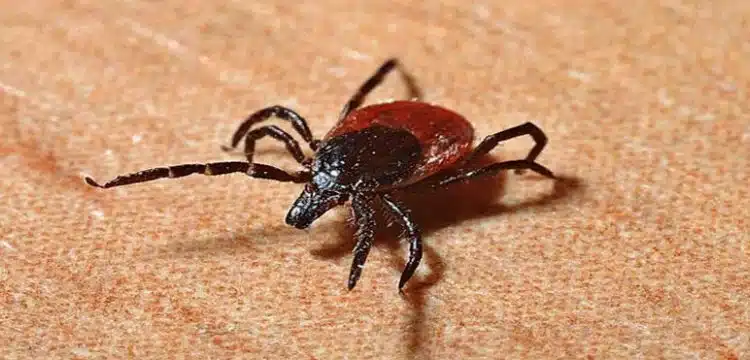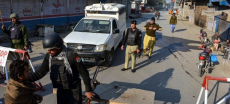[vc_row][vc_column][vc_column_text dp_text_size=”size-4″]
Hospitals in the southern Pakistani regions of Sindh and Balochistan have been put on high alert following a fatality from the Congo virus, as reported by a health official in Sindh. Additionally, 11 other individuals have reportedly fallen ill.
Dr. Shukrullah Langove, who contracted the Congo virus, was transferred from Balochistan’s capital, Quetta, to Karachi’s Aga Khan Hospital by road. Unfortunately, upon arrival on Sunday, he was pronounced dead by the attending physicians.
Read more : Doctor Dies Due To Congo Virus In Quetta
The Sindh Health Department’s Shabbir Ali Babar informed the media that “the province is on high alert, and hospitals across Sindh have been instructed to take preventive measures against the virus.”
Eleven patients from Balochistan are presently under treatment at Aga Khan Hospital in Karachi, according to Babar.
Babar also mentioned, “The Sindh Health Department has established a dedicated ward for Congo patients coming from Balochistan at the Infectious Disease Hospital.”
Meanwhile, all hospitals in the province have received guidelines from the Sindh Health Department, instructing them to implement preventive measures against the virus.
Previously, a doctor based in Quetta who contracted the Congo virus passed away while being transported to Karachi for treatment on Sunday.
The Congo virus is a perilous pathogen known to cause early-stage bleeding and is primarily transmitted to humans through ticks found on cattle and other livestock. Symptoms resemble those of dengue fever but can swiftly turn life-threatening. The health department has advised individuals to take precautions, including wearing protective clothing and using insect repellent when in contact with livestock, to reduce the risk of contracting the virus.
Medical experts caution that the Congo virus carries a high mortality rate, and there is currently no specific treatment or vaccine available for it.
[/vc_column_text][/vc_column][/vc_row]











